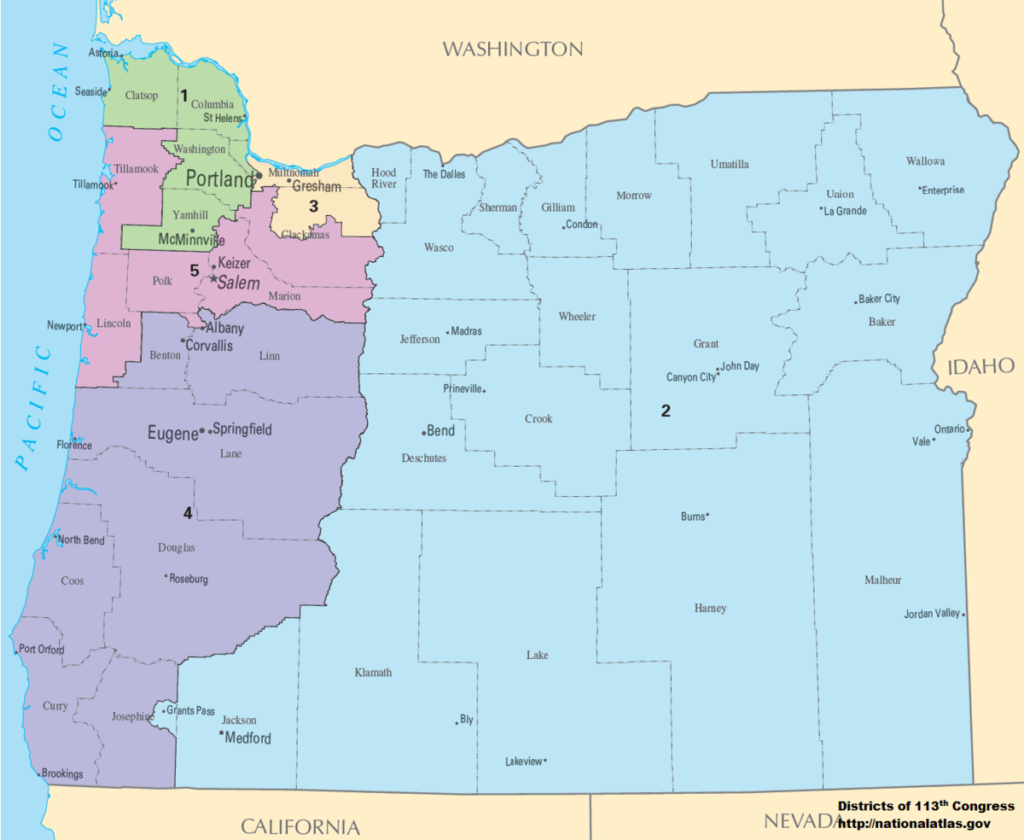
The United States government has three branches, or parts. Congress is the part that makes laws.
Congress makes laws for all of the United States. They can write laws about many things, like health care, unemployment benefits, transportation, the military, taxes, and more.
Citizens in every state choose members of congress. We vote for them, and they represent us in Washington DC. If you are not happy with something, you can call your representative and tell them. This is all part of democracy.
Who makes federal laws? –> Congress
Congress has two parts. The House of Representatives has many members. The Senate has fewer members. They have to work together to make new laws, but it is not easy.
What are the two parts of the U.S. Congress?* –> The House and the Senate

The House of Representatives is kind of a wild place. We elect US Representatives every 2 years. That means every 2 years, the House can change a lot.
We elect a U.S. Representative for how many years? –> 2

Every state sends Representatives to Washington DC, but some states send more. For example, Oregon has 5 Representatives. Washington has 10 Representatives. California has 52 Representatives.
Why? Washington has more people than Oregon. And California has the most people in the United States.
Why do some states have more Representatives than other states? –> because of the state’s population
The House of Representatives has 435 voting members. How can we remember that?
The House of Representatives has how many voting members? –> 435
N-400
- Have you EVER committed, assisted in committing, or attempted to commit, a crime or offense for which you were NOT arrested?
- Have you EVER been arrested, cited, or detained by any law enforcement officer (including any immigration official or any official of the U.S. armed forces) for any reason?
- Have you EVER been charged with committing, attempting to commit, or assisting in committing a crime or offense?
- Have you EVER been convicted of a crime or offense?
- Have you EVER been placed in an alternative sentencing or a rehabilitative program (for example, Yes No diversion, deferred prosecution, withheld adjudication, deferred adjudication)?
- Have you EVER received a suspended sentence, been placed on probation, or been paroled?
- Have you EVER been in jail or prison?

